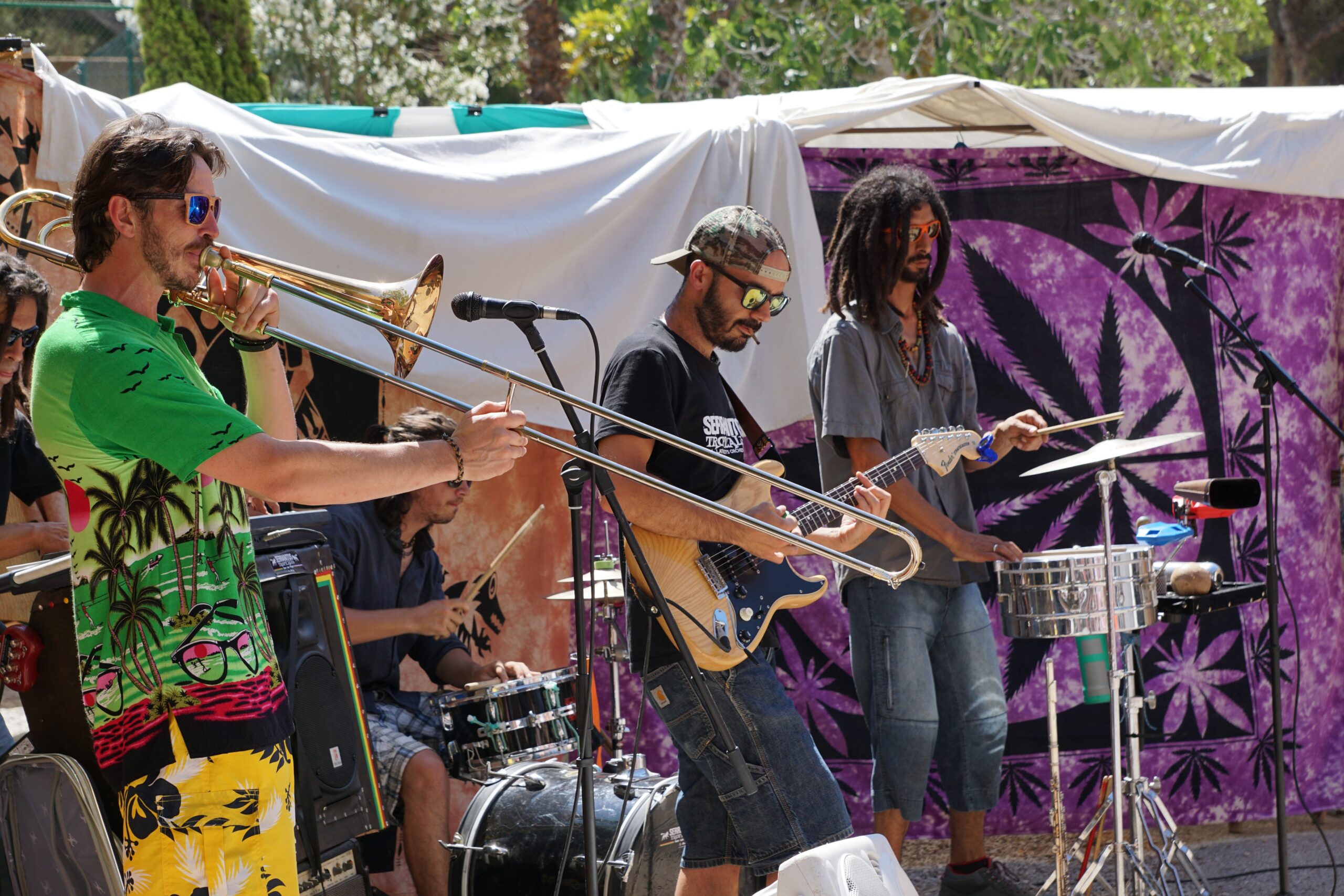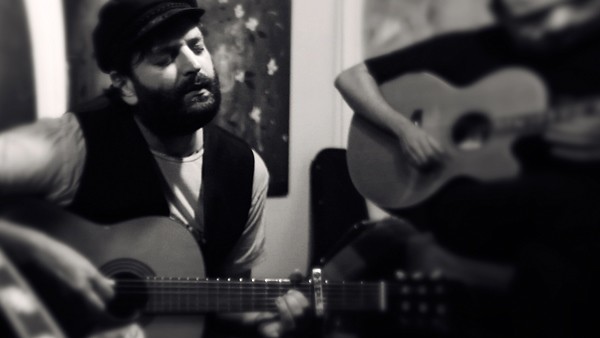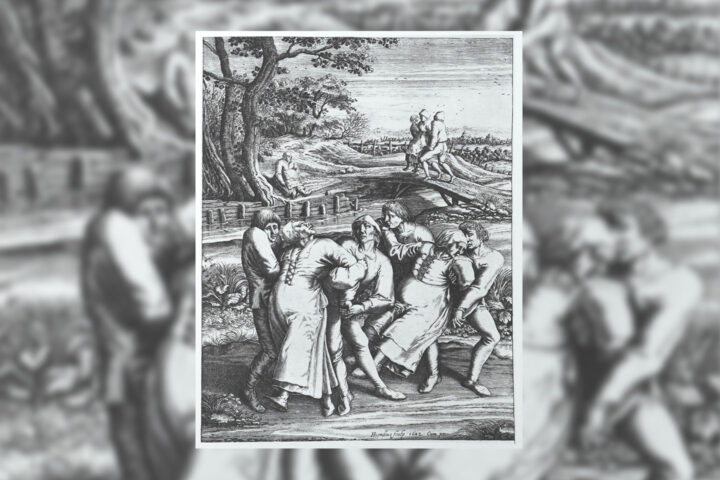Source: https://pxhere.com/en/photo/576066 utm_content=shareClip&utm_medium=referral&utm_source=pxhere
When I was younger, my dad used to blast his favorite tunes every Sunday morning when he got time off from work. I remember all of these songs by heart and can recite all the lyrics quite easily if I want to. That’s how deep of an effect music can have on listeners.
Old tunes are taken and resurrected every now and then. The nostalgia it evokes in the hearts of the audience is unmatched. But sometime it can also raise questions about the music industry and its role in this. What questions, you ask? Time for some discussion!
Cover Music
Cover songs can either be a hit or a miss. But they surely bring a new angle to the old versions. When an old song is covered, it means that an artist different other than the original one records the same song again in their own style. The cover artists decide whether they are going to recreate an old song to offer tribute, as a reimagining, or as another part of the same album.
In the very starting days of the music industry, it was much more common to produce multiple versions of the same song. They also attempted to perform these new versions in live performances. This mostly happened in the 1930s and 40s. The profits went to the music publishers and not the artists in these situations. The 1950s saw a dip in this practice when fans started listening to just the original versions as a form of support.
This, still, didn’t change the fact that it generated profits and many notable cover songs saved the day. This included the Beatles’ debut album, ‘Please Please Me’ which featured six cover songs out of a total of eight. Many more followed and cover songs became a staple in the music industry.
Actual Remakes
Making a cover song is but one method of recreating songs. Another method is to produce a remake- also known as a remix or a reinterpretation. This type of recreation is very different from cover songs- a cover song is a new recording which is very similar to the original song while a remake is distinct.
The remake industry boomed after the 2000s when new generations bands and artists started recreating old music to give hits after hits. Artists like Taylor Swift have recreated their music over the years and garnered more traction and attention to the old tracks. One benefit of recreating their own music is that possessing their re-records gives the artists leverage. They can use their music wisely and to their own advantage as is required. It also reinstates the emotional connection between the artist and their song.
In pop-culture
2023 and 2024 saw many old songs coming back to own the music scene. Taylor Swift recently expanded her ‘Taylor’s version’ along with performing in her Eras Tour in order to reclaim ownership of her songs and career’s narrative. Her original ‘Speak Now’ and its recreation ‘Speak Now (Taylor’s version)’ are both beautiful and arouse enough attention amongst fans against toxic industry types. How could fans resist anyway? Anyone would feel nostalgic after hearing old favorites.
What is this attention I speak of?
Any event in pop-culture has a profound impact on its audience. As was observed in the cause of U2 which released a brand-new album which was a mix of 40 remakes of their own old songs. This took a while but the reaction of the fans was worth it. Many exclaimed how this was great news while many others were skeptical about their relaunch. Whatever the reaction, it instilled excitement back into the fanbase.
Resources
- Why Do the Songs from Your Past Evoke Such Vivid Memories? (2019). Psychology Today. https://www.psychologytoday.com/us/blog/the-athletes-way/201312/why-do-the-songs-your-past-evoke-such-vivid-memories
- Gerber, B. (2023, December 20). How Old Music Became the Biggest Thing in New Music. The Ringer; The Ringer. https://www.theringer.com/music/2023/12/20/24005670/reissues-taylor-swift-taylors-version-replacements-tim-beatles
- The Rhymes And Reasons Behind Re-Recording Your Own Classics. (2021, April 12). NPR. https://www.npr.org/2021/04/12/986430235/the-rhymes-and-reasons-behind-re-recording-your-own-classics
- Merry, V. (2024, January 13). The Timeless Resurgence: Why Old Songs Are Dominating the Modern Music Charts. Sheeshmedia.com. https://www.sheeshmedia.com/articles/the-timeless-resurgence
- What Is a Cover Song? A Brief History of Cover Songs – 2024 – MasterClass. (2020). MasterClass. https://www.masterclass.com/articles/cover-song-music-guide
- Browne, D. (2023, January 19). Remaking Your Old Songs Used to Be Considered Lazy, Shady, and So Uncool. What Changed? Rolling Stone India. https://rollingstoneindia.com/remaking-your-old-songs-used-to-be-considered-lazy-shady-and-so-uncool-what-changed/
















